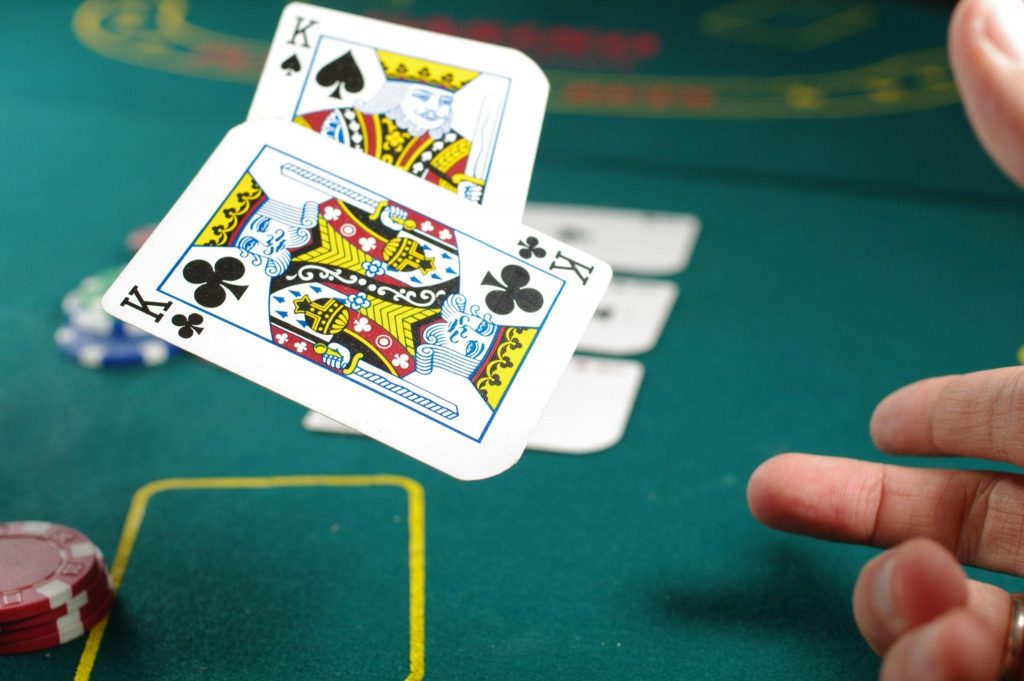
Poker, alongside blackjack, is one of the most popular table games in casinos. If you’re new to the world of poker, you might be feeling a bit overwhelmed by the game’s complexity. To help you out, we’ve compiled a list of the top 10 best poker tips for beginners.
Start with the Basics
Before diving into complex strategies, it’s important to first learn the basic rules and mechanics of the game. Familiarize yourself with the various hands and their rankings, and understand the role of the dealer and blinds.
Practice Makes Perfect
One of the best ways to improve your poker skills is to practice regularly. You can play online or with friends, but make sure to keep track of your progress and learn from your mistakes. Many online poker sites offer free games where you can practice without risking any money, so take advantage of these opportunities. And when you are practiced enough, you can try out some online casinos, check out the newest in the NJ state and pick the one that suits you most.
Know When to Fold
It’s easy to get caught up in the excitement of the game, but remember that sometimes the best move is to fold. Don’t be afraid to fold if you have a weak hand or if the odds aren’t in your favor. Knowing when to fold is a crucial part of poker strategy and can help you avoid losing big.
Manage Your Bankroll
It’s important to set a budget for yourself and stick to it. Don’t bet more than you can afford to lose, and avoid chasing losses by trying to recoup your losses with bigger bets. Good bankroll management is essential to long-term success in poker.
Be Aware of Your Opponents
Pay attention to your opponents’ actions and behaviors, as this can give you insight into their strategies and tendencies. Look for patterns in their betting and consider their body language and expressions.
Don’t be Predictable
Try to mix up your play style to keep your opponents guessing. Don’t always bet when you have a good hand, and don’t always fold when you have a weak one. Keep your opponents on their toes and don’t give away your strategies too easily.
Bluff Wisely
Bluffing can be a powerful tool, but it should be used sparingly and strategically. Only bluff when you have a reasonable chance of success, and avoid bluffing against more experienced players who may be able to see through your tactics.
Play Within Your Comfort Zone
Don’t feel pressured to play at higher stakes than you’re comfortable with. Stick to games that fit your skill level and bankroll, and gradually work your way up as you improve. Playing at the right level is essential to building your skills and confidence.
Stay Focused
Poker requires concentration and focus, so avoid playing when you’re tired or distracted. Take breaks when necessary and stay alert to avoid making careless mistakes. Stay focused and keep your eye on the prize.
Keep Learning
Finally, remember that there’s always more to learn about poker. Read books, watch videos, and study the strategies of top players to continue improving your game. Learning from others is a great way to gain new insights and perspectives on the game.